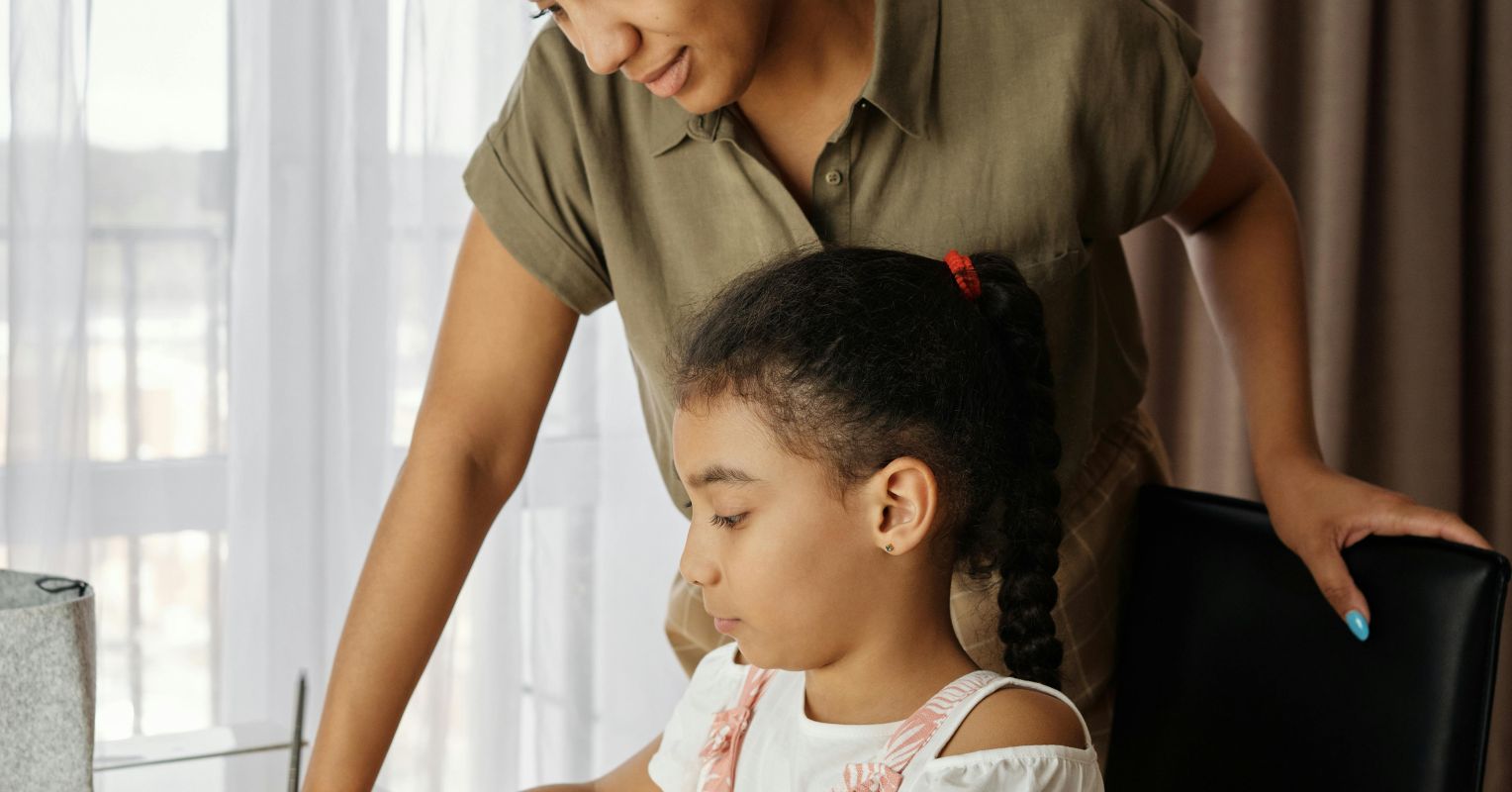
"Back-to-school season often comes with new routines and expectations. The carefree days of summer can feel far away, and children are suddenly asked to adjust quickly to classroom rules, schedules, and responsibilities. Well, sometimes that's just too much, especially for neurodivergent children. In addition to the full-day curriculum, all children need to treat themselves kindly and learn how to eat, sleep, and exercise properly. It's also essential to let them have some fun in their lives."
"The good thing: Most neurotypical kids have an innate sense of resilience that helps them navigate life's challenges with confidence and adaptability. Without resilience, children cannot cope with stress or challenges and may come to use unhealthy coping skills (e.g., isolation, negative self-talk)."
Back-to-school brings new routines, expectations, and abrupt shifts that can overwhelm many children, especially those who are neurodivergent. Neurodivergent children may struggle with classroom rules, schedules, responsibilities, new relationships, bullying, and hormonal changes. Most neurotypical children show innate resilience that supports adaptation, but without resilience children risk unhealthy coping such as isolation and negative self-talk. Parents of neurodivergent children should prioritize resilience by teaching and modeling self-care. Self-care includes learning to eat, sleep, and exercise properly, treating oneself kindly, and preserving time for fun. These skills promote lifelong well-being and adaptability into adulthood.
Read at Psychology Today
Unable to calculate read time
Collection
[
|
...
]